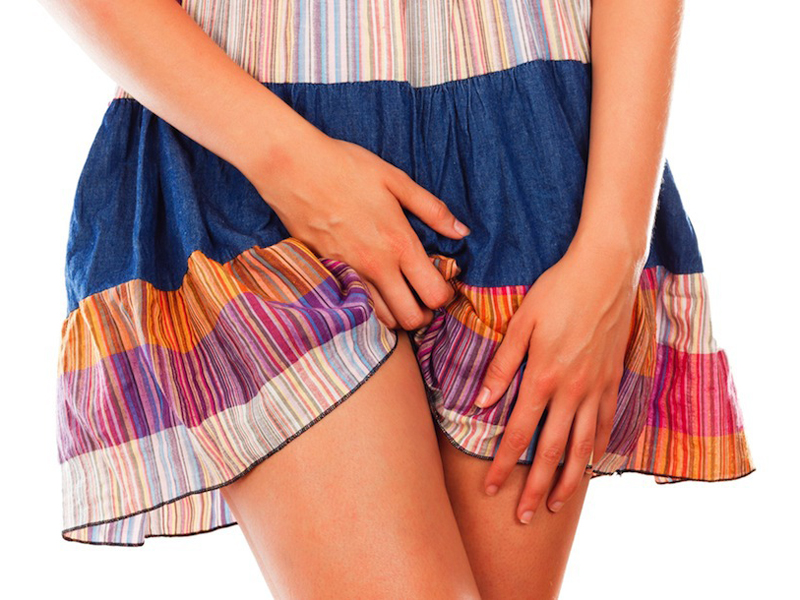Current recommendations for treating recurrent thrush have disappointing efficacy, a review has found
Current recommendations for treating recurrent vulvovaginal candidiasis, or thrush, have disappointing efficacy, a review of international guidelines has found.
Following the most common treatment recommendation, more than half of women with recurrent thrush would relapse within 12 months, the Australian review authors said.
Four of the five guidelines included in the review, including European, German, Canadian and US groups, recommended a six-month treatment with a weekly oral 150 mg dose of the anti-fungal fluconazole.
However, only 43% of patients undertaking this regimen were likely to be disease-free at 12 months.
The reviewers questioned the quality of the guidelines, saying only one guideline recommended an alternative regimen that improved the success rate to 77%.
This alternative regimen stipulates prescribing three 200mg doses of oral fluconazole in the first week, then once weekly from weeks two to eight if symptom free, followed by fortnightly doses from months three to six, and finally monthly doses from seven to 12 months.
While this therapy was only based on a small study of 136 patients, review author Professor Danielle Mazza said it warranted consideration.
Professor Mazza, head of general practice at Monash University, said that while recurrent thrush was a very common clinical problem, like many conditions managed in primary care there was a limited evidence base to guide treatment.
“Between 5% and 8% of women experience recurrent thrush and clinically it can be very frustrating for both the patient and the doctor involved to manage this. Like many areas, the evidence isn’t very strong and so we’re left with women who use regimens and then relapse.”
The review also highlighted the need for confirming the diagnosis through culture and microscopy, and the importance of not treating asymptomatic patients, she said.
“Often you will find you get Candida coming up in a pap smear or a swab you might have undertaken for another purpose – but there’s no need treat unless there are symptoms,” Professor Mazza said.
Partner treatment was another common myth in the community that could cause worry among patients, she added, but the guideline review suggested it was unnecessary in clinical practice.
In addition, the review found it was worth being aware of the potential for diabetes, and more rarely HIV, as a cause for the recurrent thrush. And while there had been suggestions that pantyliners, tampons, douching and diet might contribute to thrush, the evidence was still unclear.
ANZJOG 2017; online 16 Mar


